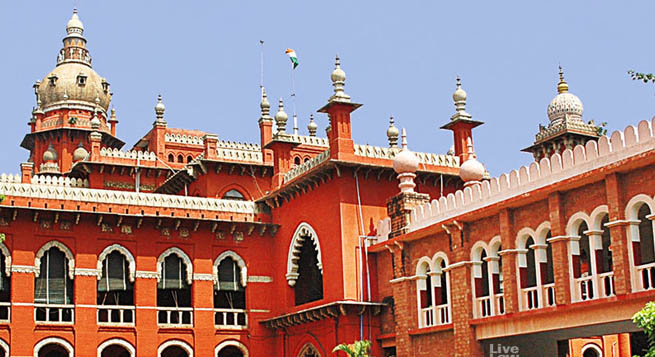In what could further complicate media matters in India — a new digital regulation has been challenged in several high courts with a couple of them passing interim relief too to petitioners — the Madras High Court has said that the State Government should formulate local laws to weed out fake journalists.
The high court in the Indian southern State of Tamilnadu directed the local government should formulate a Press Council within three months to regulate journalistic activities.
The Press Council of Tamil Nadu should be headed by a retired judge of the Supreme Court or a high court, with its members comprising a team of experienced and reputed journalists, both working and retired, retired civil servants and police officials in the rank of IAS and IPS, the court said, according to a PTI news dispatch from Chennai.
The Council shall comprise representatives from the journalism industry, as well as the government and all members shall be serving journalists of repute and government servants. The members shall be on regular payroll of media houses and organisations, evidenced by salary slips, payment of TDS and circulation or viewership details, as the case may be.
Loss of job on any account such as resignation, dismissal or death and disability shall result in their immediate exit from the board, a division bench of Justices N Kirubakaran (since retired) and P Velmurugan said.
The bench was disposing of two public interest litigations (PILs) filed by S Sekaran, who claimed to be a journalist.
His first petition prayed for directions to the State Home Secretary and the police head of the State and other police departments to consider his September 26, 2019 representations to form a team and investigate against the report conveying fallacious investigation data in idol theft submitted by the then Idol Wing Special Officer A G Pon Manickavel, now retired.
The second petition prayed for another direction to the two officials to consider his one more plea to form a team and investigate the economic offence piloted by a trust.
In his first petition, Sekaran leveled various charges against Manickavel like he had not located the criminals who committed the theft and smuggling of idols and that the probe conducted by him was inefficient and the investigation reports were not true.
The second one prayed for a probe against a trust for its collection of money. He suspected that the real motive of the trust was to support Pon Manickavel or anyone.
During the course of arguments and on verification of records, the bench found that the petitioner could be the mouthpiece of Kader Basha, who was involved in idol theft cases, along with other accused.
Though it did not entirely reject his submissions in support of his stand that he was a reporter, the bench was of the view that he had filed the petitions to divert the investigation in idol theft cases and at the instance of some third parties to scuttle the cases.
The bench said it was a common sight these days to find posh SUV cars with a “PRESS” sticker on the front windshield and “Human Rights” label in the rear and being driven by unscrupulous fraudsters masquerading as journalists.
The State’s Directorate of Information and Public Relations is aware of this, but the officials turn a blind eye – to avoid any wrath in the hands of those fake journalists. This needs to be stopped to ensure that journalism, the fourth pillar of democracy, remains clean and strong. In view of the above position, necessary directions have to be issued to clean up the media in the interest of the public, the bench added and issued the directions.
The Council shall have sole authority to recognise press clubs and journalists associations or unions in the state and it shall not allow or recognise formation or continuation of clubs or unions or associations based on caste, community or state boundaries.
It shall conduct and approve elections to these clubs, unions and associations, their management and be vested with the elected team of office bearers only after such approval by the board. It should stipulate a period.
The State Government shall not allot any house or grant free bus passes directly to any applicant journalists and it should only be routed through the Council, which after due diligence, can issue such benefits. It shall prohibit conduct of State conferences or meetings by journalists associations without permission/approval of the State Press Council to be constituted, which shall get details on the source of income and other relevant details before giving permission to such meetings.
To curtail the menace of fake journalists, the Council shall have power to identify such persons and lodge complaints against them to jurisdictional police.
Apart from other observations, the Chennai court said the news agencies or media houses or journalists, operating within the jurisdiction of the Council, shall be duty bound to receive and respond to the Council’s summons and submit the details called for by the Council.
The court gave the local government four weeks to file a compliance report.
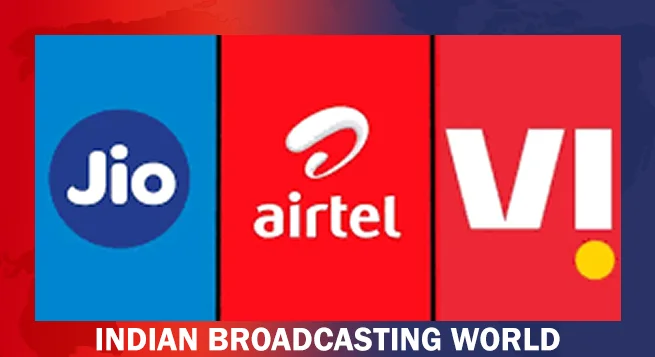 Jio, Airtel, Vi witness subs losses in Sept: TRAI data
Jio, Airtel, Vi witness subs losses in Sept: TRAI data 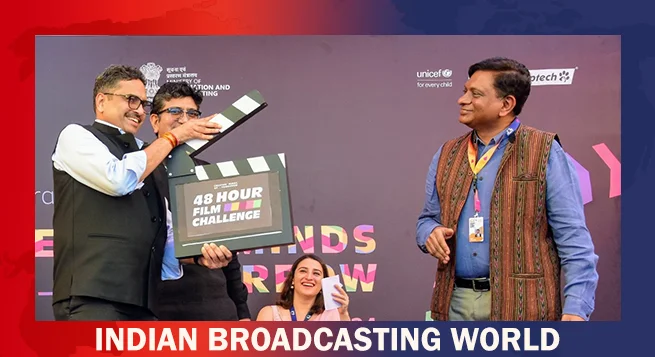 Expanded Creative Minds of Tomorrow edition inaugurated at IFFI
Expanded Creative Minds of Tomorrow edition inaugurated at IFFI  ZEEL’s Punit Goenka steps down as MD, retains role as CEO
ZEEL’s Punit Goenka steps down as MD, retains role as CEO 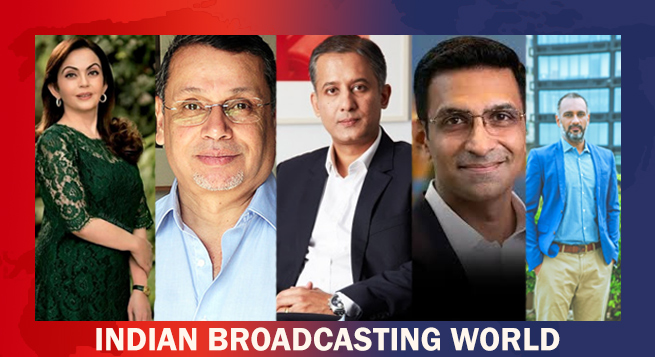 Kevin Vaz, Kiran Mani, Sanjog Gupta to head 3 verticals of JioStar
Kevin Vaz, Kiran Mani, Sanjog Gupta to head 3 verticals of JioStar 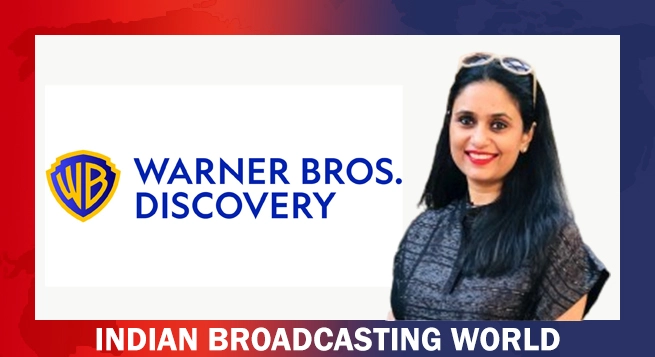 WBD elevates Deepa Sridhar to Senior Director – Corporate Communications, South Asia
WBD elevates Deepa Sridhar to Senior Director – Corporate Communications, South Asia 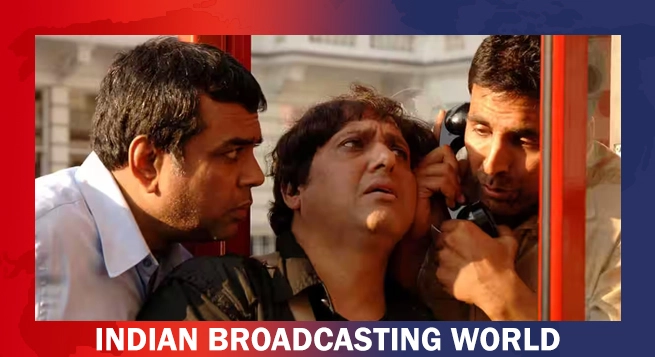 ‘Bhagam Bhag 2’ returns after 18 years
‘Bhagam Bhag 2’ returns after 18 years 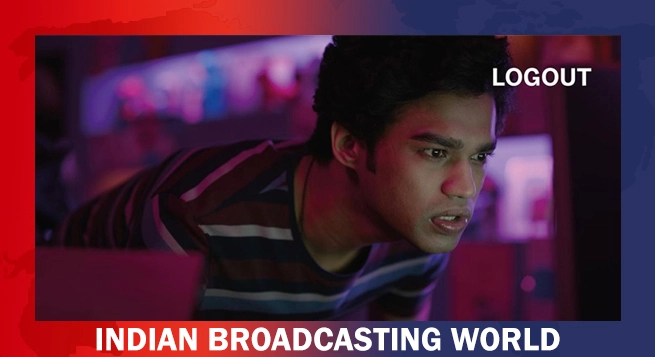 Babil Khan’s ‘Log Out’ to premiere at Argentina’s Mar del Plata International Film Festival
Babil Khan’s ‘Log Out’ to premiere at Argentina’s Mar del Plata International Film Festival  Tips Music presents ‘Love Garage’
Tips Music presents ‘Love Garage’  Fox, Hulu ink $1.5bn streaming content partnership
Fox, Hulu ink $1.5bn streaming content partnership 


